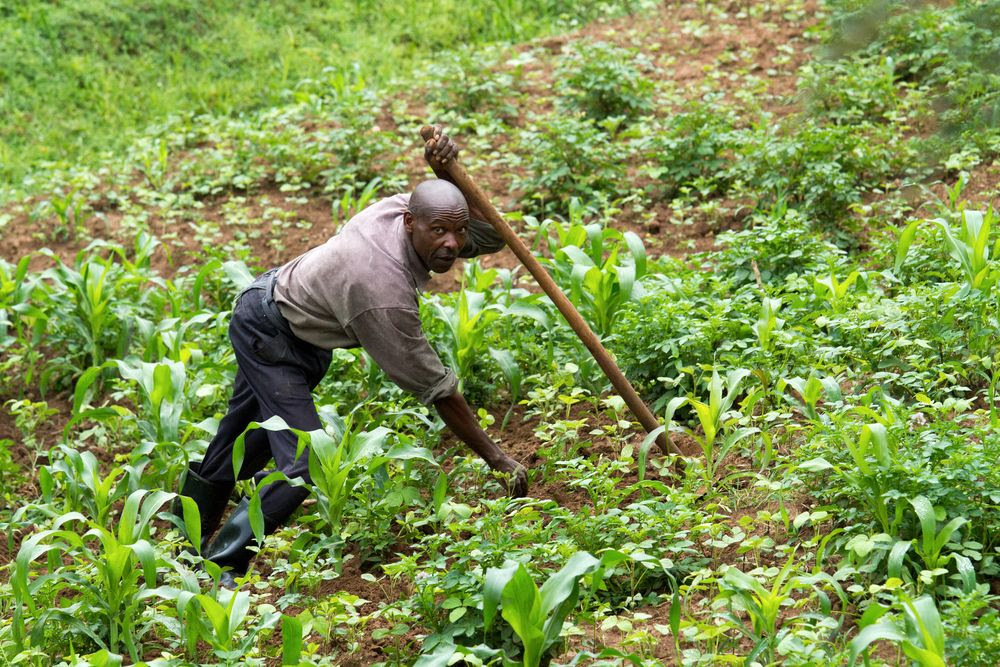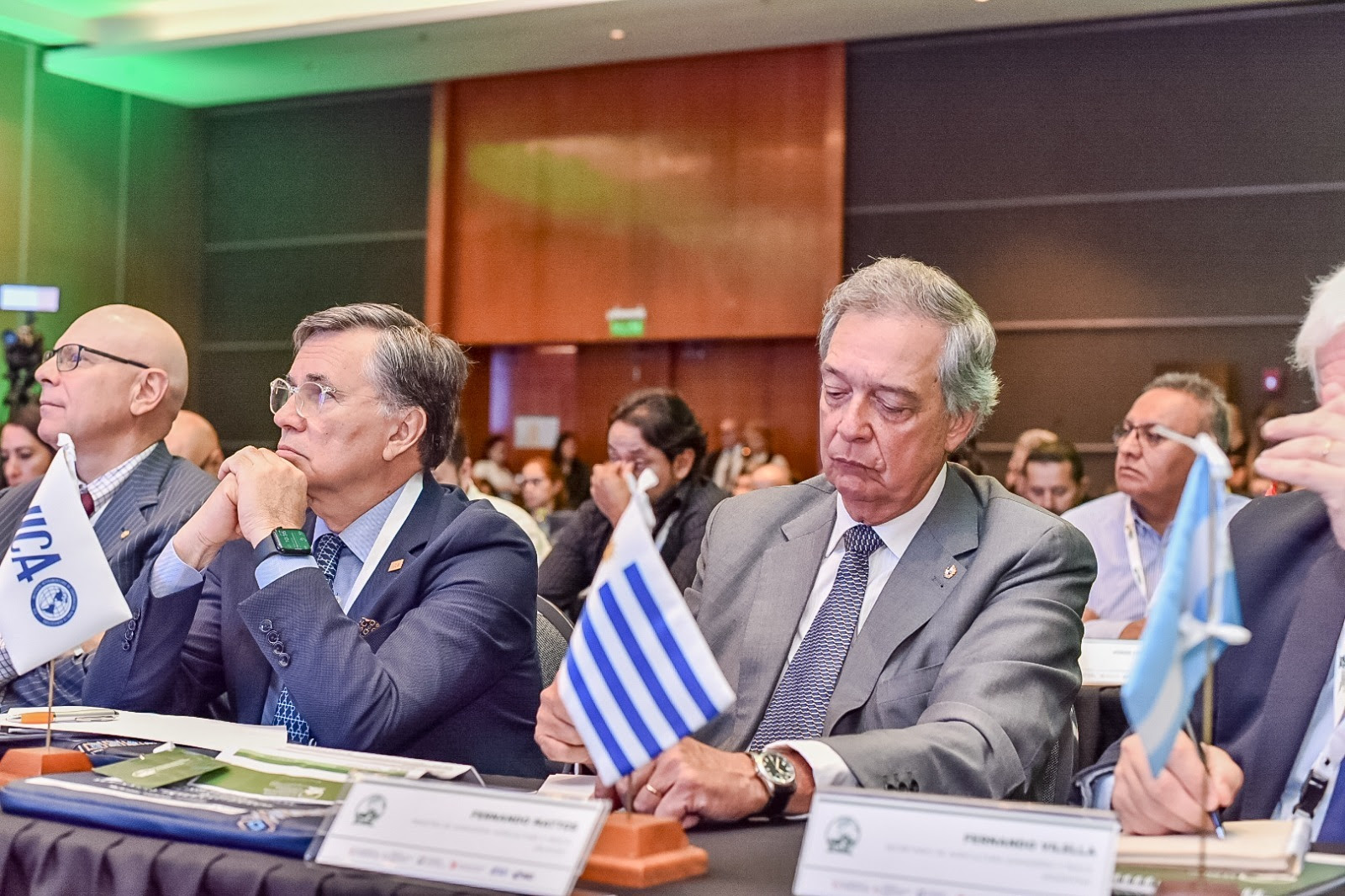The Inter-American Institute for Cooperation on Agriculture (IICA) will implement a special strategy for the benefit of the agriculture sector in Caribbean countries. Its objective will be to increase the sector’s capacity for climate resilience in the medium term, guarantee food and nutritional security, reduce poverty levels, drive production development, and foster income equality for producers.
A special working group will be responsible for overseeing these efforts. “This proposal is being developed on the explicit premise that the Caribbean region is 34 per cent more vulnerable than other developing countries, from an economic and environmental standpoint. This is largely due to the region’s exposure to natural hazards that lead to disastrous impacts,” remarked Curt Delice, IICA Special Affairs Coordinator for the Caribbean Region.
The primary duty of the committee will be to coordinate IICA’s work with regional forums such as the Caribbean Community (CARICOM), the Caribbean Forum (CARIFORUM) and the Organization of Eastern Caribbean States (OECS). The committee will also promote regional events related to production, health and trade matters.
“The first steps will involve working towards the full establishment of the Global Resilience Center in Dominica, creating an efficient mechanism to attract external resources, increasing engagement with regional integration bodies, as well as collaborating with regional and international entities in order to execute projects and implement regional and national strategic action plans,” added Delice.
Beverly Best, Director of External and Institutional Relations, stated, “although the Caribbean has limited natural resources; low levels of productivity, productive diversity and agricultural investment; as well as deficient infrastructure, countries in the region have tremendous potential for agricultural development.”
“The region has great potential to substitute the importation of processed agricultural products and to drive the vertical integration of the production base of certain goods. It also has the capacity to increase regional trade in produce; strengthen agricultural health and food safety systems; diversify agriculture and the rural economy; as well as delve deeper into technology, innovation and issues related to agro-tourism,” explained Best.
Caribbean countries depend heavily on the tourism sector; however, the need to import most of their food limits their growth. This represents a market opportunity on which rural communities could capitalize.
To this end, IICA is joining forces with the ministries of Agriculture and Trade across the region, as well as with CARICOM and the OECS.




